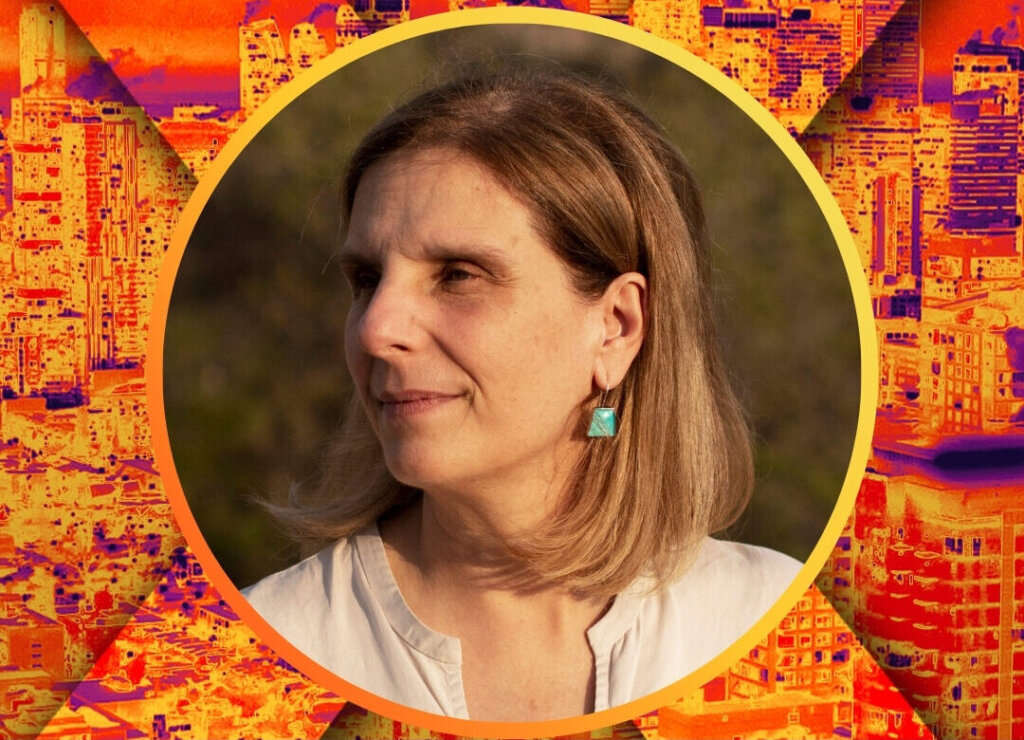Home » How Does the Climate Crisis Affect Our Most Vulnerable Populations?
How Does the Climate Crisis Affect Our Most Vulnerable Populations?

The post "How does a climate crisis target our weakest and poorest?" highlights the disproportionate impact of climate change on vulnerable populations. It emphasizes that low-income communities, marginalized groups, and developing nations are the most affected by climate-related events and policies.
Firstly, the article outlines how climate change exacerbates existing inequalities. For instance, natural disasters like floods, hurricanes, and wildfires often devastate areas with insufficient infrastructure, which are usually inhabited by poorer demographics. These communities struggle to recover due to limited access to resources, healthcare, and financial support.
Furthermore, the post discusses the vulnerability of these populations to food insecurity. Changing weather patterns and extreme conditions can disrupt food production, leading to higher prices and scarcity of essential goods. Poorer households spend a larger portion of their income on food, making them particularly susceptible to these fluctuations.
Additionally, the article delves into the health implications of climate change. Low-income neighborhoods often face higher exposure to environmental pollutants and lack access to adequate healthcare. This inequity means that when climate-related health issues arise, such as respiratory problems or heat stress, these communities suffer more due to pre-existing health disparities.
The post also highlights how policies intended to combat climate change can unintentionally harm poor populations. For example, renewable energy initiatives may raise energy costs or displace low-income residents without adequate support or alternatives. The article argues for the necessity of incorporating social equity into climate action plans to ensure that solutions do not further marginalize vulnerable groups.
Moreover, the piece underscores the importance of community engagement in developing climate strategies. Vulnerable populations should have a voice in decision-making processes that affect them directly. Community-led initiatives often provide tailored solutions that consider local needs, fostering resilience against climate impacts.
The article concludes by advocating for a holistic approach to addressing climate change, one that prioritizes the needs of the most affected. By ensuring that climate policies are equitable, societies can promote justice and strengthen overall resilience against future climate challenges.
In summary, the post emphasizes that the climate crisis disproportionately targets the poorest and most vulnerable, accentuating existing inequalities in society. Addressing these challenges requires inclusive policies, community engagement, and a commitment to social equity in climate action.
MaRS Discovery District
https://www.marsdd.com/
MaRS is the world's largest urban innovation hub in Toronto that supports startups in the health, cleantech, fintech, and enterprise sectors. When MaRS opened in 2005 this concept of urban innovation was an untested theory. Today, it’s reshaping cities around the world. MaRS has been at the forefront of a wave of change that extends from Melbourne to Amsterdam and runs through San Francisco, London, Medellín, Los Angeles, Paris and New York. These global cities are now striving to create what we have in Toronto: a dense innovation district that co-locates universities, startups, corporates and investors. In this increasingly competitive landscape, scale matters more than ever – the best talent is attracted to the brightest innovation hotspots.


